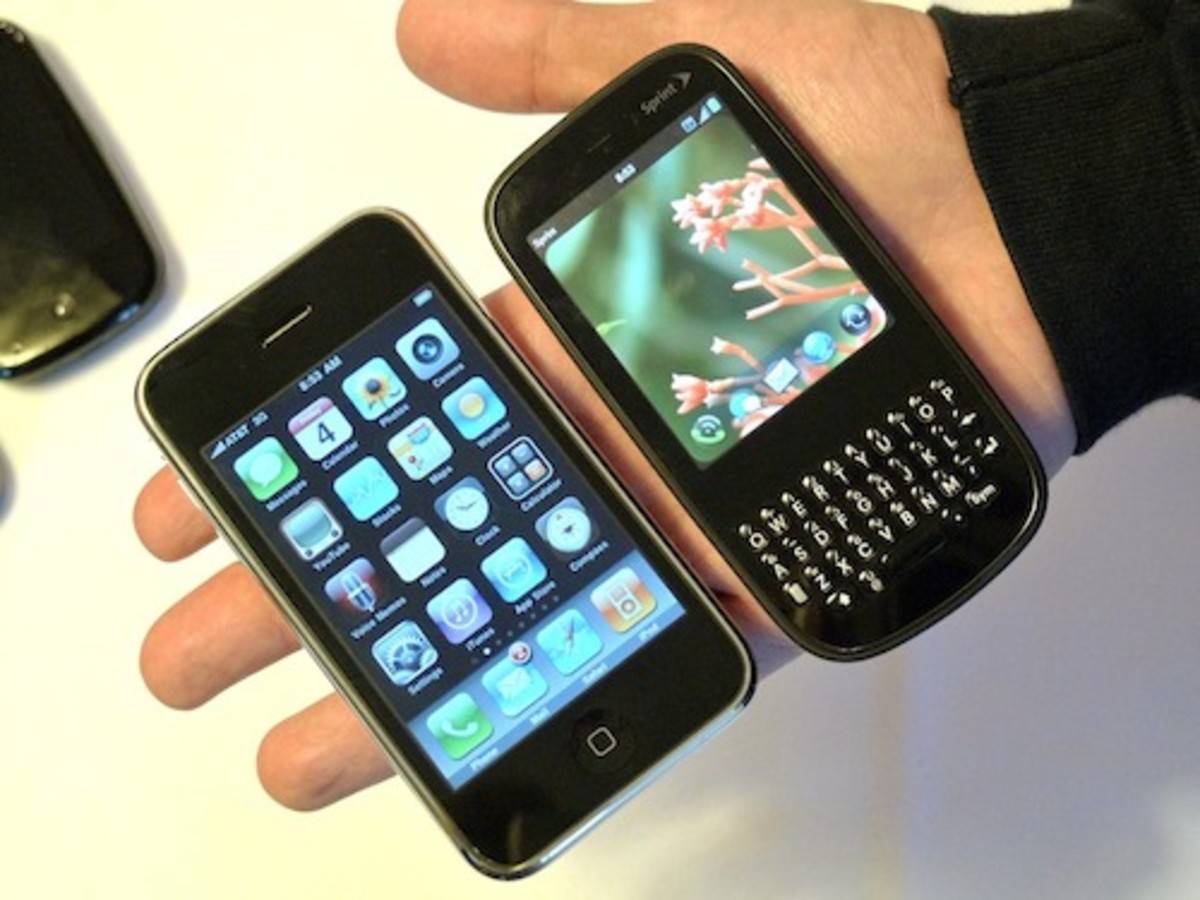What are the components of your smartphone
Now a days price of technology is coming down. Now the price of a smart phone has come to a level that is affordable to everyone. So our old desktops and laptops are going to be replaced by smart phones. I am sure everybody will agree that todays chapest smart phone will defeat the full room sized computer of initial days. So if you want be uptodate with the technology it is always necessary to keep with the updates in the fiels of smart phones. It is always interesting to know the components of a smart phone as it is the technology of tomorrow.
Processor
Like a computer the most important and first speed determining factor is the processor. Now 600MHz processors or ARM architecture is very common in mid range smart phones and 1GHz is seen in high end smart phones. The unit of processor speed is machine cycles per second. 600MHz is enough according to current smart phone trends. But surely it will not be sufficient in two or three years. Now the competition in computer processor market is slightly moving to mobile processor market. But as the competition increases prices are coming down reducing prices of smart phones. The end of 2011 shows that the performance war between computer prcessor making companies is spreading to mobile processor market also. Samsung qualcom and tegra etc are pouring oil in the competition fire. 2011 also showed the trend of processors with more than one core in the mobile field also.
RAM
RAM or Random Access Memory of a phone is similar to that of a computer. It is in RAM that applications are running. The higher the RAM higher will be the number of applications that can be run simultaneously. Now in the current trend a RAM of 256MB is common in mid range phones which is enough to run latest android 2.3 and considerable applications. In android you will not even feel the effect of decreasing RAM. Thanks to the automatic low memory kill feature in android OS. 512MB of RAM makes your computer future proof which is currently available in high end smart phones.
Operating System
Eventough the hardware is superior to any extent a smart phone cannot sustain without a good operating system. Now the top OSs in topmost popularity are android, iOS, RIM OS of blackberry, Nokia Symbain, Meego OS, Samsung Bada OS. Acoording to current status topper in popularity is Blackberry RIM OS. Second position is of Android which recently overtook i OS of iPhones which is currently in third position. If you consider the growth rate of OS in popularity android is the topper showing a recent trend of android becoming the toper. But there are certain characterstics of iOS which makes it superior to android in some fields. The integration between hardware and software or OS is superior in iPhones making it fast and giving universal portability of applications between different iPhones. But since android allows full customerisation every phone manufacturer put their own skin or user interface on the basic android creating some portability application issures. But this is a very simple issue while comparing the increasing advantages.
Camera
Camera of smart phones are becoming more and more smart. Now cameras in todays smart phones are as good as digital cameras of two or three years ago. Now 5MP cameras are common and you can get nearly 12MP cameras in high end smart phones. But while selecting camera for a smart phone be careful because it is not the mega pixels that determine the quality of pictures. But the sensor circuit used is very important. If the number of pixels is very high and sensor circuitary is of low megapixel it is of no use. Most of the cameras of smart phones are cameras with digital zoom so try to take photos without zooming in as it destroys the quality of the picture. There are phones with optical zoom but this is rare and costly. Flash in most of the phones today are not that good. So try to take photos in natural light. Autofocus options is good for mobiles, if available try to take it.
Now the number of applicaitons using pictures and camera are increasing like google goggles. So picking a phone with good camera makes you aware of future trends
Microphone
Microphone and associated circuitary are very important in smart phones. Most of the todays smart phones uses two micophones for effective noise cancellation. One near to the speaking end to catch the speaking voice. There is another microphone in another end of phone for catching the noise and it is used to cancel the noise in the voice signal.
Display
Display of your smart phone is another one important thing that determines its capability. Displays can be classified based on different facts. but most of the smart phones of today use touch screen. Touch screen is of two types resistive touch screen and capacitive touch s screen. There are large varients of capacitive screen also like amoled screen and super amoled screen. In resistive touch screen two conducting layers are placed in a very close manner so that if you press on the top layer the circuit will complete and touching position is detected. So in resistive touch screen you will get more response if you use sharp things like stylus. But in case of capacitive touch screen the electric charge in your body is used to position your finger. So you will not get response if you are using anything other than your finger.
- easy way to android application development
Android has proven as the future platform for mobiles and more devices. Read here about different easy ways to step to android application development - How to set up Lotus Notes mail in your android phone...
Describes how to setup Lotus Notes mail in your android phone free of cost. Lotus launcher is used to synchronize IBM lotus mail with your phone using internet - Review of samsung galaxy pop-android smartphone
Samsung galaxy pop is one of the recent android smart phones of samsung. It is considered as the budget phone in the below Rs 10000 range. It is priced Rs.9000 only and offers a wide variety of features that... - How to boost your android phone using android assist...
Describes how to boost your android phone using android assistant. Surely using this you can improve the performance of your android phone - andriod phones in india below price 10000
List of android phones priced below Rs.10000. Best reference for persons looking for and entry level android phone







